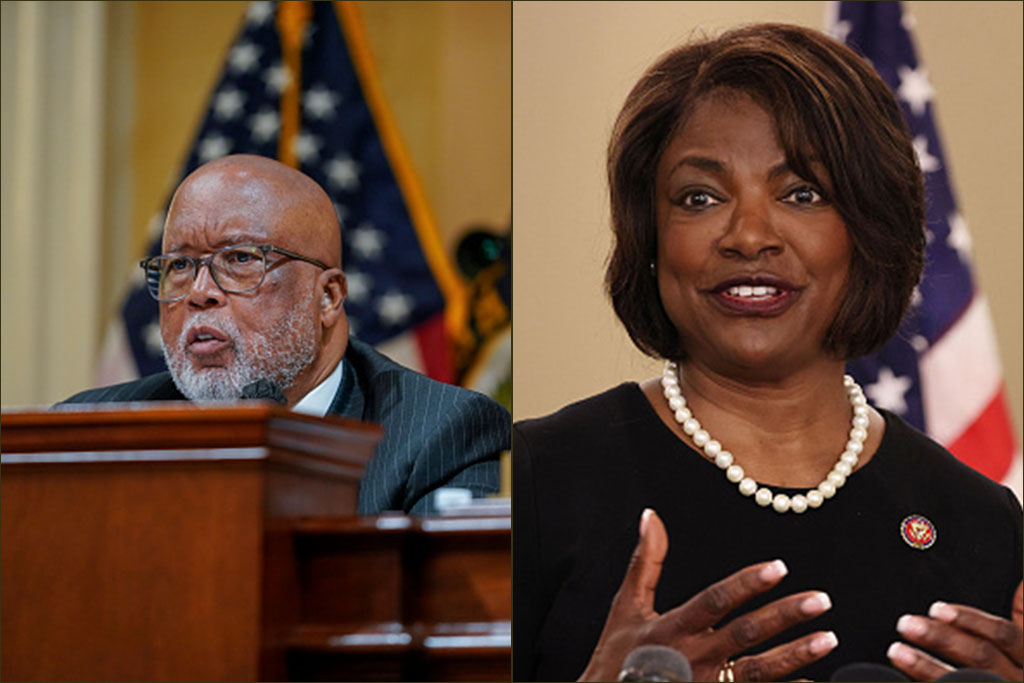Racist 'Zoombombing': How To Keep Online Meetings Free Of Internet Trolls
When Zoombombing Turns Racist: How To Keep Online Meetings Troll-Free
With much of the world’s workforce forced to stay home, online meetings have become the de facto method for the type of group sessions people used to have in-person at the office, thanks in no small part to a technology called Zoom. But the coronavirus pandemic’s stay at home order prompting the proliferation of these online meetings has also ushered in a new phrase to describe how the internet trolls have been able to infiltrate said meetings and disrupt them: Zoombombing.
That might actually be too a nice description after learning about one university professor who said she found out the hard way how the videoconferencing app can be used as a racist tool. Dr. Badia Ahad, Ph.D., an associate professor of English at Loyola University of Chicago, tweeted on Tuesday afternoon about her harsh experience.
“My Zoom lecture was hacked and the word “n****r” was scrawled in red across the screen,” she tweeted. “I think today’s lesson in online teaching is done.” She followed that tweet up by posting a screenshot of an email she said a student sent her claiming this type of racist “zoombombing” was becoming commonplace at colleges and universities where online learning is the new normal for all students.
https://twitter.com/BadiaAhad/status/1245059680956801024?s=20
Indeed, Dr. Ahad is far from the first college professor to have this happen. Oneka LaBennett, an associate professor of American studies and ethnicity at the University of Southern California, said it was also happening to instructors of color at her school and documented it on Black Perspectives, a blog fueled with content created by African American scholars. LaBennett described being “violently disrupted by “Zoombombers” who infiltrated virtual classrooms, yelling racist, anti-Black and anti-Asian slurs, and drawing pornographic images on screens.” She wrote about how “when bigots utilize virtual combat tactics to invade online classes they highlight how wartime anxieties exacerbate the forms of oppression that people of color face,” emphasizing how “the dark cover of virtual classrooms can embolden those harboring ingrained racism.”
One Ph.D. candidate tweeted last week about being Zoombombed and offered some suggestions for ways to protect Zoom meetings from such interruptions, whether racist or not. Cari Weber provided detailed instructions such as adjusting the settings on Zoom to “control what participants are able to do” and how to block “screen sharing, remote control, file sharing, mute all microphones, block re-entry of removed people.”
There were many steps involved to achieving her desired effect of “Diligent policing of the participant list and closing the room,” but she wrote that “the defense went smoothly” afterward, offering hope for zoombombing victims who no doubt have felt helpless after their online meetings were hacked into. Read her full thread here.
The Verge also provided some handy tips for preventing trolls from Zoombombing but also admitted: “it’s not as easy as it should be.”
Health officials have predicted that the stay at home order could last for months, meaning that unless some equivalent new online meeting technology comes along soon, Zoom will be the default way for conducting group sessions for work over the internet. So it may behoove folks to take action to prevent against Zoombombing sooner rather than later.
SEE ALSO:
NBA Could ‘Make Checks Stop’ For Hundreds Of Players Amid Coronavirus-Canceled Games
















